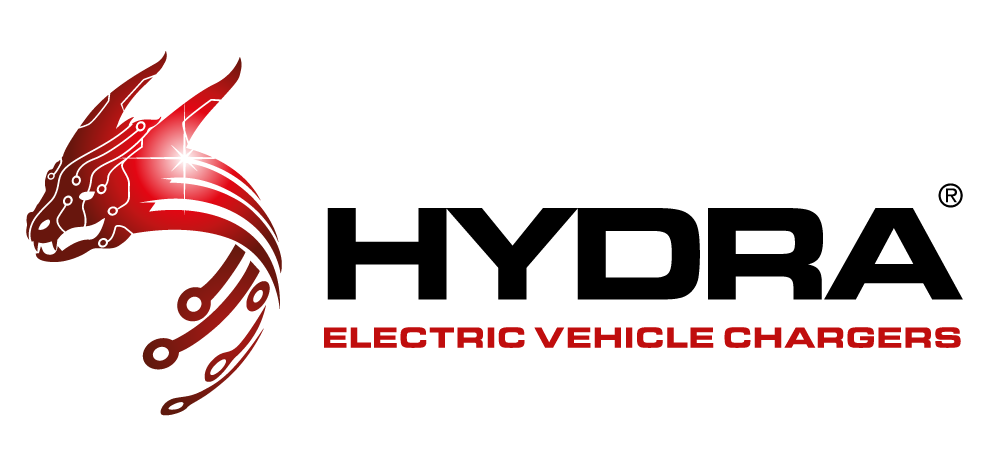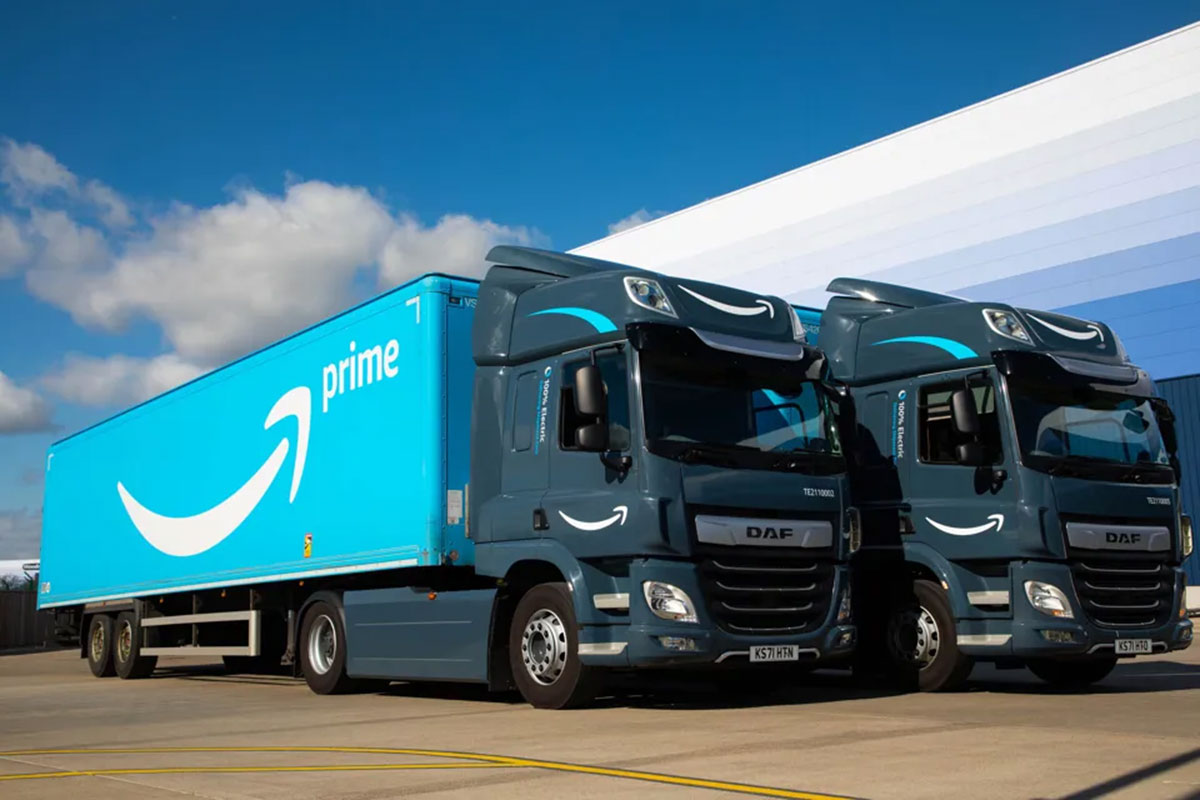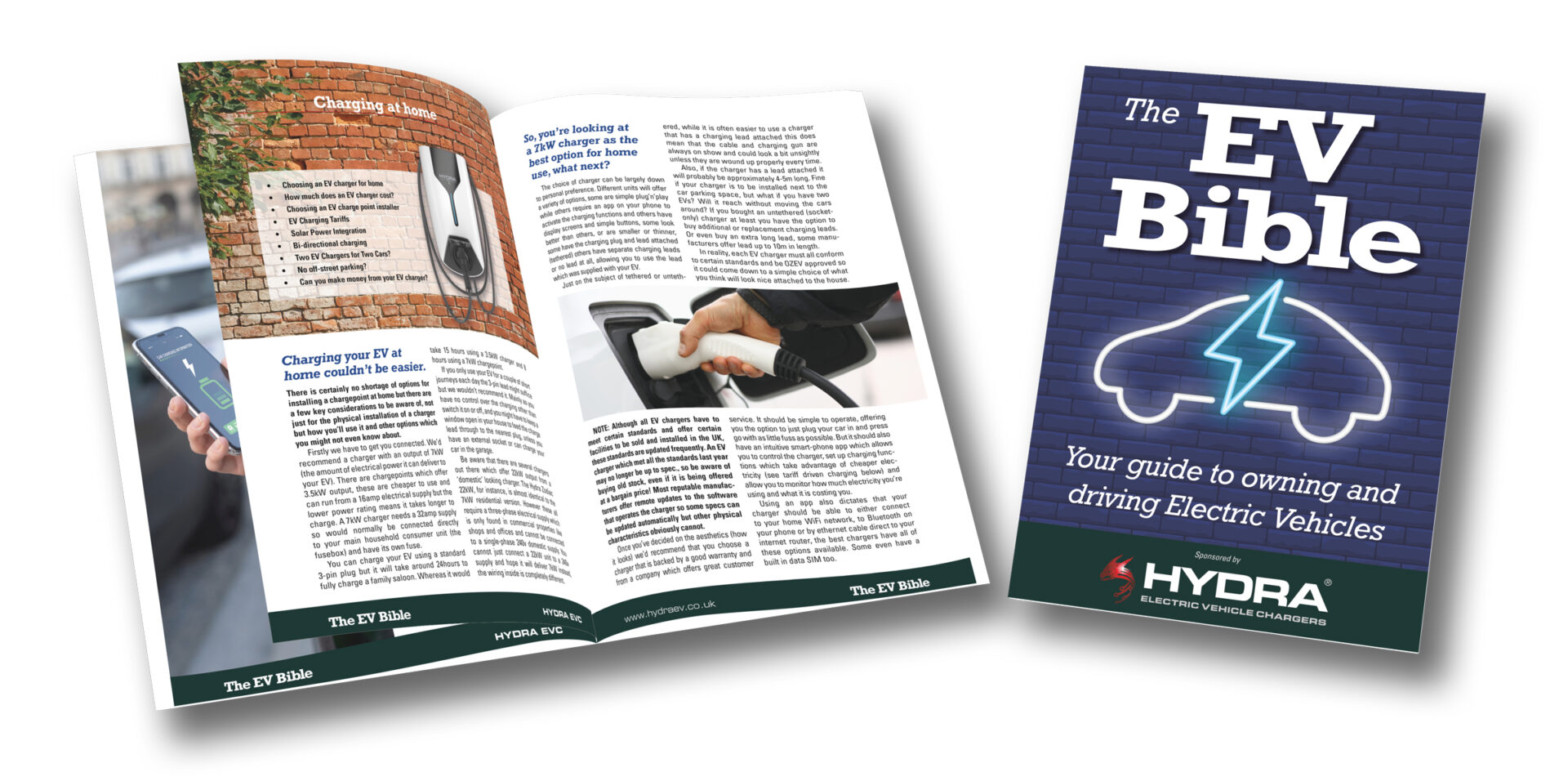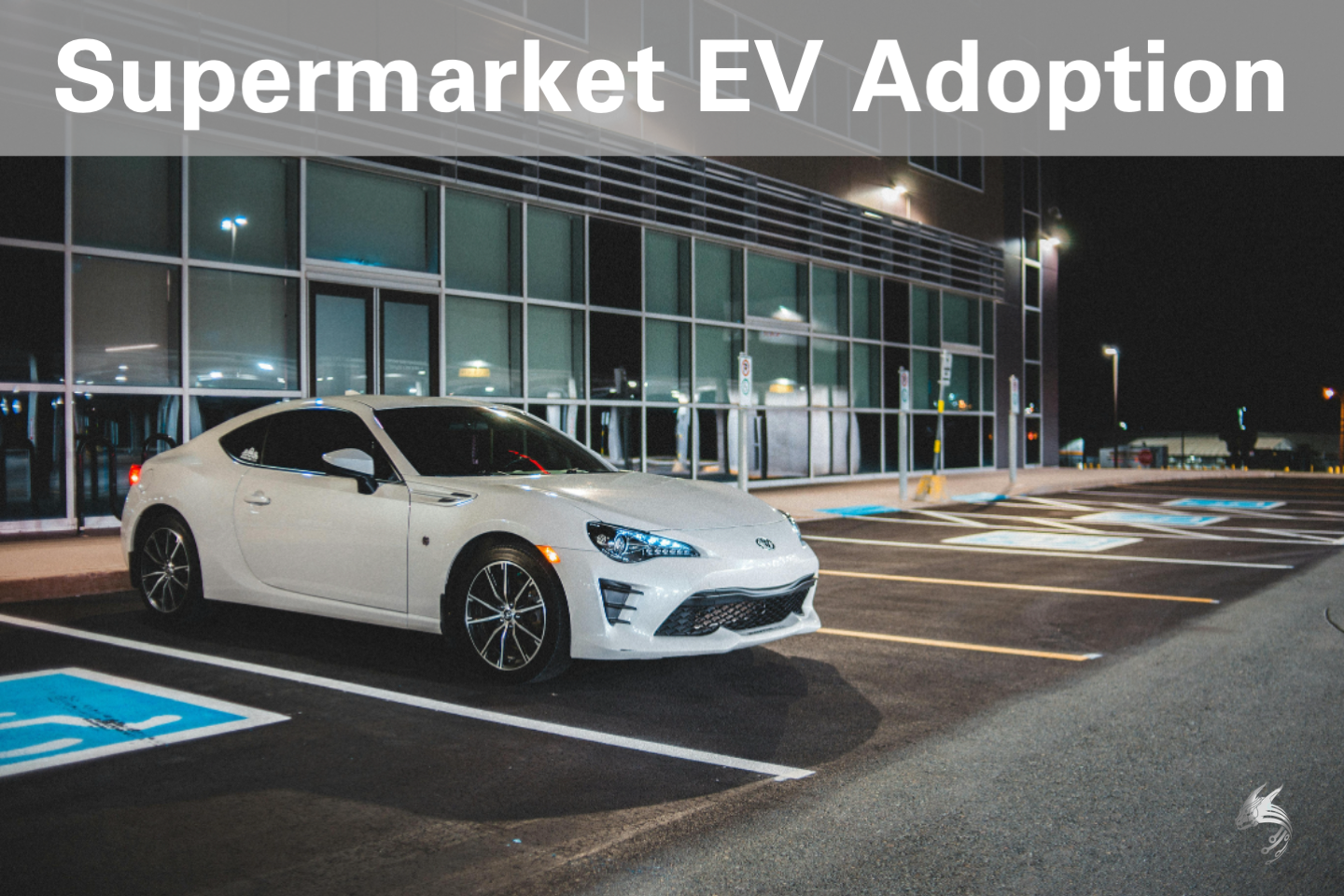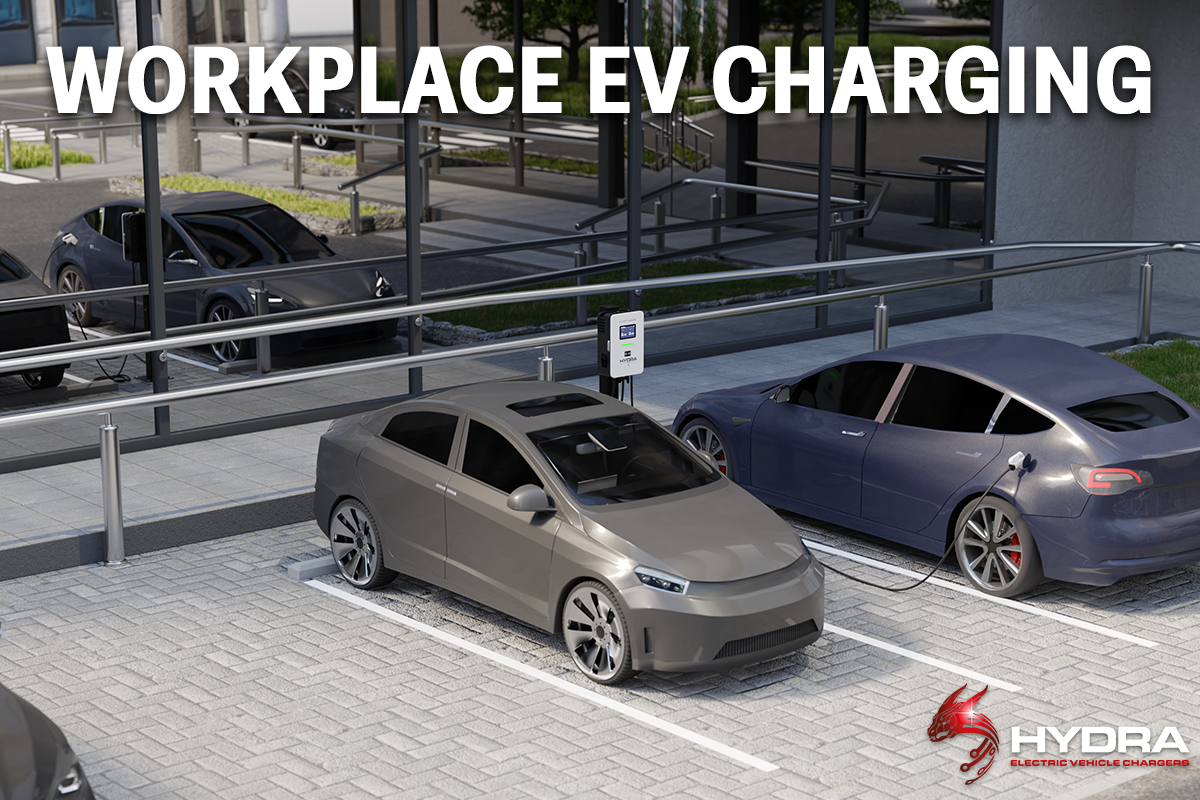Direct current (DC) charging can offer several advantages for HGV truck fleets, especially those using electric trucks. Here are some of the key benefits:
⚡️Rapid Charging: DC fast charging provides significantly faster speeds than alternating current (AC) charging. This rapid charging capability reduces downtime for trucks, allowing them to get back on the road quickly. A wall-mounted charger like the Hydra DION has a 30kW output which can recharge a typical HGV overnight whereas the Hydra Medusa could fully recharge in under three hours.
⚡️Extended Driving Range: Faster charging enables electric HGVs to cover longer distances daily without requiring extended charging stops, making them more versatile and productive.
⚡️Reduced Idle Time: Quick charging minimises trucks’ time idling at charging stations, optimising fleet efficiency and reducing operational costs.
⚡️Scalability: DC charging infrastructure can be scaled up easily to accommodate a growing truck fleet. Fleet operators can add more DC fast or rapid chargers as their electric truck fleet expands.
⚡️High Voltage Charging: DC fast chargers often operate at higher voltages, which can result in more efficient charging. This can reduce energy loss during charging and help save on electricity costs.
⚡️Standardised Charging: Most DC fast chargers adhere to widely accepted charging standards such as CCS (Combined Charging System) or CHAdeMO. This standardisation ensures interoperability among different electric truck models and charging stations.
⚡️Predictable Schedules: Fleet operators can plan charging schedules more accurately with fast DC chargers, knowing that trucks will be ready for their next routes in less time.
⚡️Environmental Benefits: Electric trucks charged using DC fast chargers produce zero exhaust emissions, reducing air pollution and greenhouse gas emissions, which is important for sustainability goals and regulatory compliance.
⚡️Improved Maintenance: Electric trucks typically require less maintenance than diesel ones. DC charging can help keep the vehicles in good working order by ensuring they are fully charged and ready for duty.
⚡️Access to Public Charging: DC fast chargers are often available at public charging stations, allowing fleets to access a broader charging infrastructure network when travelling outside their home region.
⚡️Incentives and Grants: Some regions offer incentives and grants to encourage the adoption of electric trucks and charging infrastructure, potentially offsetting the installation costs of DC charging stations for fleet operators.
⚡️Resilience and Backup Power: Some DC charging stations offer features like battery storage and backup power systems, ensuring charging availability even during power outages or grid disruptions.
⚡️Data and Reporting: DC charging infrastructure often includes data monitoring and reporting capabilities, such as Hydra Nexus, allowing fleet managers to track charging usage, optimise operations, and identify potential issues.
While DC charging offers numerous advantages for HGV truck fleets, it’s essential for fleet operators to carefully plan their charging infrastructure deployment, considering factors such as the location of charging stations, the power capacity of charging equipment, and the specific needs of their electric truck fleet. Effective charging infrastructure planning can maximise the benefits and efficiency of transitioning to electric trucks.
